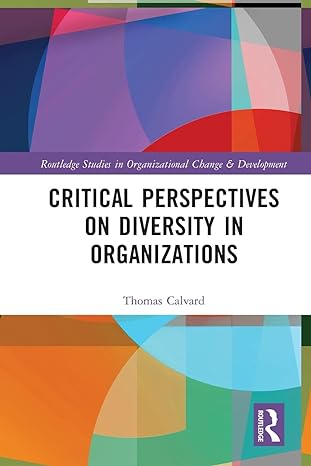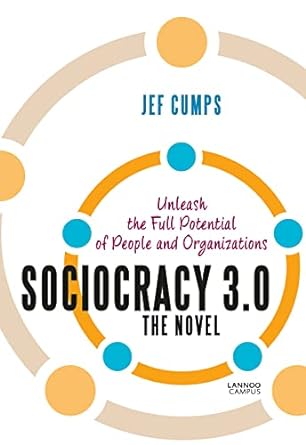Go back


Critical Perspectives On Diversity In Organizations(1st Edition)
Authors:
Thomas Calvard

Cover Type:Hardcover
Condition:Used
In Stock
Include with your book
Free shipping: April 03, 2024Popular items with books
Access to 3 Million+ solutions
Free ✝
Ask 10 Questions from expert
200,000+ Expert answers
✝ 7 days-trial
Total Price:
$0
List Price: $64.95
Savings: $64.95(100%)
Book details
ISBN: 0367695944, 978-0367695941
Book publisher: Routledge
Get your hands on the best-selling book Critical Perspectives On Diversity In Organizations 1st Edition for free. Feed your curiosity and let your imagination soar with the best stories coming out to you without hefty price tags. Browse SolutionInn to discover a treasure trove of fiction and non-fiction books where every page leads the reader to an undiscovered world. Start your literary adventure right away and also enjoy free shipping of these complimentary books to your door.
Critical Perspectives On Diversity In Organizations 1st Edition Summary: Decades of investigations into diversity in the workplace have created mixed answers about what kinds of effects it has on employees and teams, and whether or not it can be managed effectively to generate positive outcomes for organizations. In contrast to mainstream work from management and psychology, critical views on workplace diversity have emerged that seek to grasp more fully the messy social and political realities of workplace diversity as they operate in context. Critical Perspectives on Diversity in Organizations therefore seeks to review, integrate and build upon emerging critical perspectives on workplace diversity to help give a fuller understanding of how employee differences affect workplace interactions, relationships, employment, inequality, culture, and society. Critical perspectives help to fill in and openly recognize many of the more far-reaching issues that pure management and psychology approaches can leave out – issues of power, inequality, politics, history, culture, and lived experiences. If organizations do not try to take these issues into account and critically reflect on them, then diversity management is likely to remain a relatively blunt instrument or worse, a hollow piece of rhetoric. This book will be of interest to international graduate students and researchers working on topics associated with equality, diversity and inclusion in organizations, as well as various organizational practitioners and activists engaged with these issues.
Customers also bought these books
Frequently Bought Together
Top Reviews for Books
Hussein Zeidan
( 4 )
"Delivery was considerably fast, and the book I received was in a good condition."










